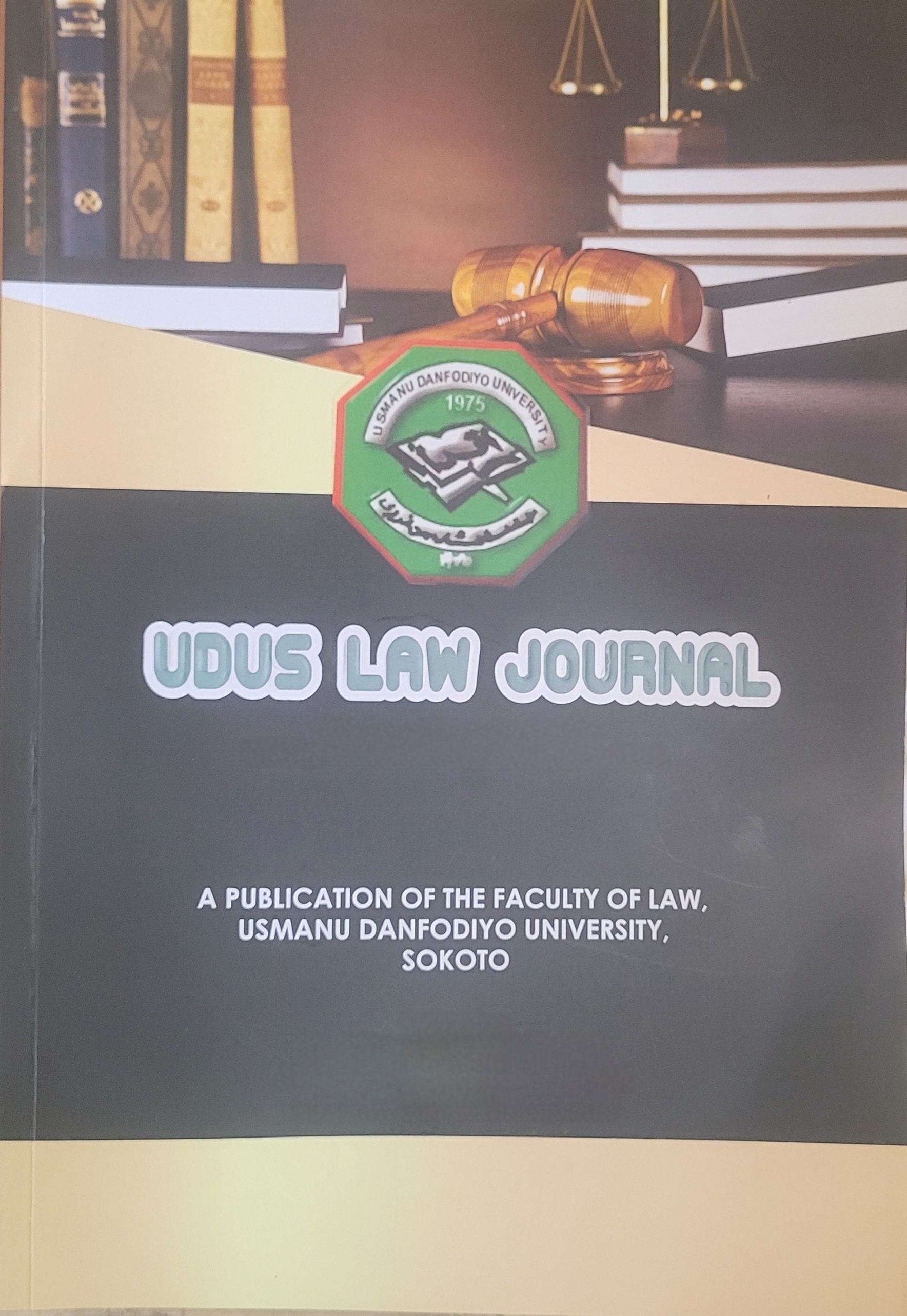Abstract
The paper focuses on the legal framework for maritime terrorism and criminality in Nigerian coastal waters. The Nigerian waterways are strategic for global commerce and international security. The bulk of international trade is through maritime transportation. This vital waterway has remained the world’s most dangerous hotspot for maritime criminality and terrorism. The paper used doctrinal research method in examining the causes and effects of maritime terrorism and criminality. It examined the provisions of the International Safety Management (ISM) Code and the domesticated international conventions and protocols put in place to ensure maritime safety and security at sea. It also evaluated the effectiveness of the safety measures to combat maritime terrorism; and proffered pragmatic solutions to maritime terrorism in Nigeria.



 National Library of Nigeria
National Library of Nigeria.jpg) Association of Nigerian Authors
Association of Nigerian Authors Nigerian Library Association
Nigerian Library Association EagleScan
EagleScan Crossref
Crossref